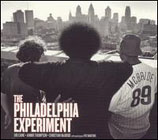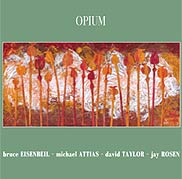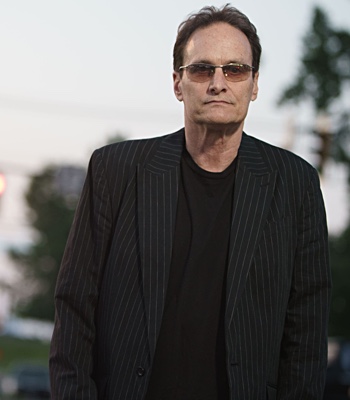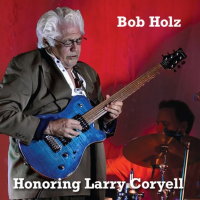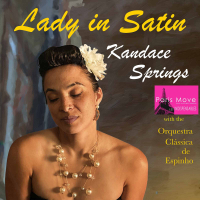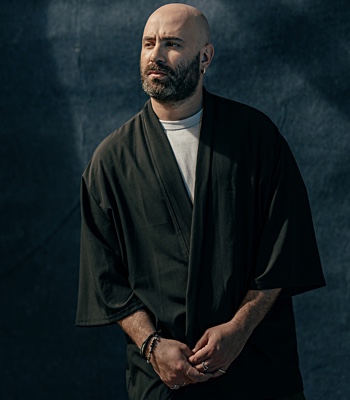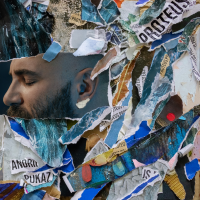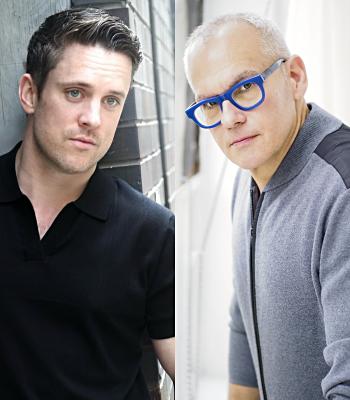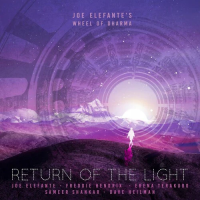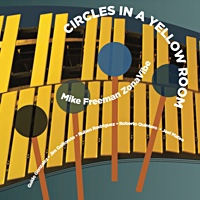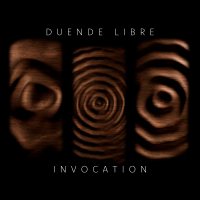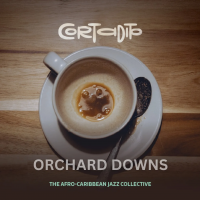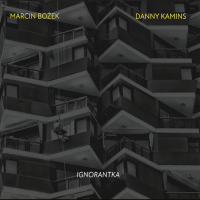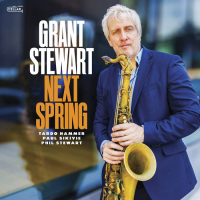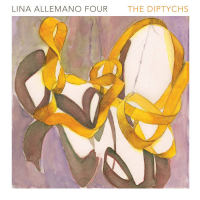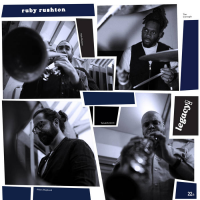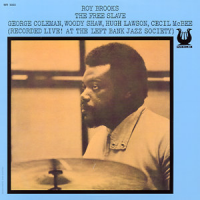Home » Jazz Articles » Album Review » Uri Caine / Christian McBride / Ahmir Thompson: The Phil...
Uri Caine / Christian McBride / Ahmir Thompson: The Philadelphia Experiment
Bassist Christian McBride, pianist Uri Caine and drummer Ahmir "Questlove" Thompson also come from Philadelphia. But while the three musicians had some common history—McBride used to jam with Thompson when both were students at the Philadelphia High School of Creative and Performing Art, and he also played some of his earliest jazz gigs with Caine—that was 10 or 12 years ago at least, and these three diverse players had never played together as a trio. Not until one rainy day last September when they escaped into a Philadelphia studio for three days and cut the 11 tracks of The Philadelphia Experiment. The circumstances of the session bring to mind Miles Davis' Kind of Blue, in which the trumpet player showed up in the studio with only the roughest of sketches which he and his cohorts spun into brilliant art on the spot. Musically, however, the disc reminds one of Miles' early fusion experiments or Herbie Hancock's work from the '70s, seething with energy and street-smarts, evoking many subtle moods. Bright trumpet licks and rich guitar textures provided by fellow 'Delphians Jon Swana and Pat Martino make the Miles comparison especially apt on the title number. The tune starts quietly, like the sun rising over the still-sleeping town or the germ of a new idea. The tune segues into "Grover," a tribute to smooth sax man Grover Washington. There is deep groove here, as well as soul, funk and blues. Caine's rock-solid work on the Fender Rhodes again evokes the funky '70s. "Lesson #4" sounds like a group improv, with McBride and Thompson serving as the anchors through Caine's flights of fancy. The trio-plus-Martino rock, funk and finally blast off on Sun Ra's "Call for All Demons." A deeply funky "Trouble Man Theme" offers more tasty playing by Swana and in-the-pocket drumming by Thompson. Later, "(re)MOVEd" calls to mind Philly's not-so-sunny history of racial disharmony, while "Philadelphia Freedom" offers an unexpected cello solo by Larry Gold. The last track, "Mister Magic," ends with a sunny bass solo on "Just the Two of Us." There is joy and excitement here—the joy of three consummate musicians doing what they do best, and the excitement of an experiment, an adventure, an undertaking in which no one really knows what to expect—and, yes, there is also a glimpse of the gritty, sunny, turbulent, soulful heart of the city.
Track Listing
Philadelphia Experiment; Grover; Lesson #4; Call for all Demons; Trouble Man Theme; Ain't it the Truth' Ile Ife; The Miles Hit; (re)MOVEd; Philadelphia Freedom; Mister Magic.
Personnel
Christian McBride
bassAlbum information
Title: The Philadelphia Experiment | Year Released: 2002
Tags
PREVIOUS / NEXT
Christian McBride Concerts
Support All About Jazz
 All About Jazz has been a pillar of jazz since 1995, championing it as an art form and, more importantly, supporting the musicians who make it. Our enduring commitment has made "AAJ" one of the most culturally important websites of its kind, read by hundreds of thousands of fans, musicians and industry figures every month.
All About Jazz has been a pillar of jazz since 1995, championing it as an art form and, more importantly, supporting the musicians who make it. Our enduring commitment has made "AAJ" one of the most culturally important websites of its kind, read by hundreds of thousands of fans, musicians and industry figures every month.

